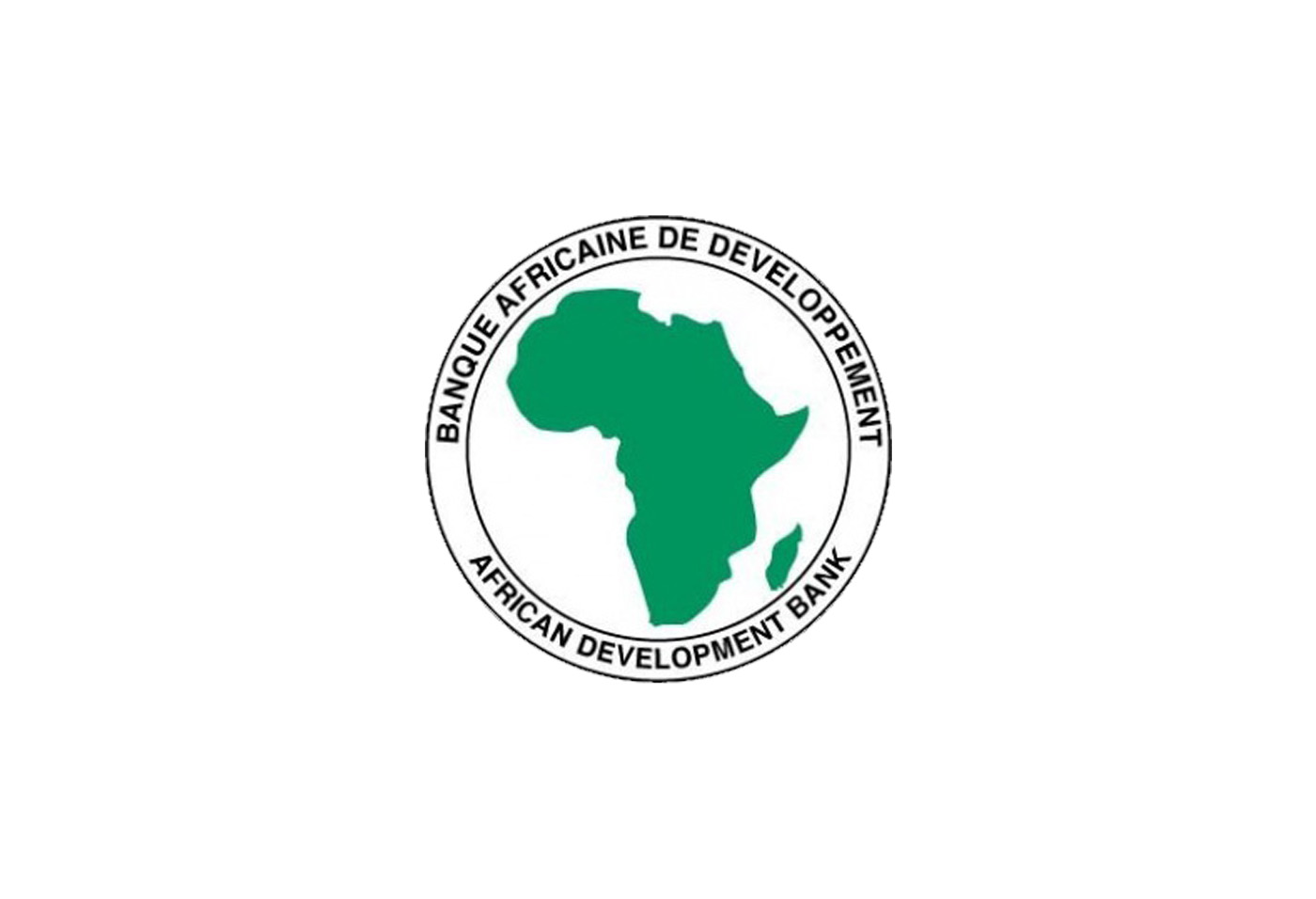African Pharmaceutical Technology Foundation has been created to support healthcare in Africa
The foundation will aim to boost Africa’s access to the technologies that underpin the manufacture of drugs, vaccines, and other pharmaceutical products, the bank explained in a statement.
“This is a great development for Africa. Africa must have a healthy defense system, which must include three major areas — revamping Africa’s pharmaceutical industry, building Africa’s vaccine manufacturing capacity, and building Africa’s quality healthcare infrastructure,” said President of the AfDB Akinwumi Adesina.
The foundation will operate independently and raise funds from various stakeholders, including governments, development finance institutions, and philanthropic organisations.
During the African Union (AU) summit that was held in Addis Ababa in February 2022, the continent’s leaders called on the AfDB to facilitate the establishment of the APTF.
The AfDB said that the foundation would be a major boost to the health prospects of a continent that has been battered for decades by the burden of several diseases and pandemics such as the coronavirus, but with very limited capacity to produce its own drugs and vaccines.
Africa imports more than 70 percent of all its needs of drugs, spending $14 billion per year, according to the AfDB’s data.
“Global efforts to rapidly expand the manufacturing of essential pharmaceutical products, including vaccines in developing countries — particularly in Africa — to assure greater access have been hampered by intellectual property rights protection and patents on technologies, know-how, manufacturing processes, and trade secrets,” said the bank.
It noted that African pharmaceutical companies do not have the scouting and negotiation capacity nor the bandwidth to engage with global pharmaceutical companies, adding that they have been marginalised and left behind in complex global pharmaceutical innovations.
Recently, 35 companies signed a license with America’s Merck to produce Nirmatrelvir, a drug that treats COVID-19; none of them were African.
According to the AfDB, no institution in Africa can support the practical implementation of Trade-Related Intellectual Property Rights (TRIPs) on non-exclusive or exclusive licensing of proprietary technologies, know-how, and processes, and the APTF will fill this glaring gap.
The foundation will prioritise technologies, products, and processes focused primarily on diseases that are widely prevalent in Africa, including current and future pandemics.
It will also build human and professional skills, the R&D ecosystem, and support the upgrade of manufacturing plant capacities and regulatory quality to meet the World Health Organisation’s standards, according to the bank.
The bank also said that the foundation will be staffed with world-class experts on pharmaceutical innovation and development, intellectual property rights, and health policy, acting as a transparent intermediator advancing and brokering the interests of the African pharmaceutical sector with global and other Southern pharmaceutical companies to share IP-protected technologies, know-how, and patented processes.
“Even with the decision of the TRIPS Waiver at the World Trade Organisation (WTO), millions are dying — and will most likely continue to die — from a lack of vaccines and effective protection. The APTF provides a practical solution and will help tilt access to proprietary technologies, knowledge, know-how, and processes in favor of Africa,” Adesina explained.
For their part, The WTO and the WHO welcomed and lauded the AfDB’s decision to establish the APTF.
Director-General of the WTO Ngozi Okonjo-Iweala said that the APTF stems from innovative thinking and action, adding that it provides part of the infrastructure needed to assure an emergent pharmaceutical industry in Africa.
Moreover, the Director-General of the WHO Tedros Ghebreyesus said that establishing the foundation is a game-changer in accelerating the access of African pharmaceutical companies to IP-protected technologies and know-how in Africa.
Furthermore, the bank explained that the foundation will boost its commitment to spend at least $3 billion over the next 10 years to support the pharmaceutical and vaccine manufacturing sector under its 2030 Vision and Pharmaceutical Action Plan.



